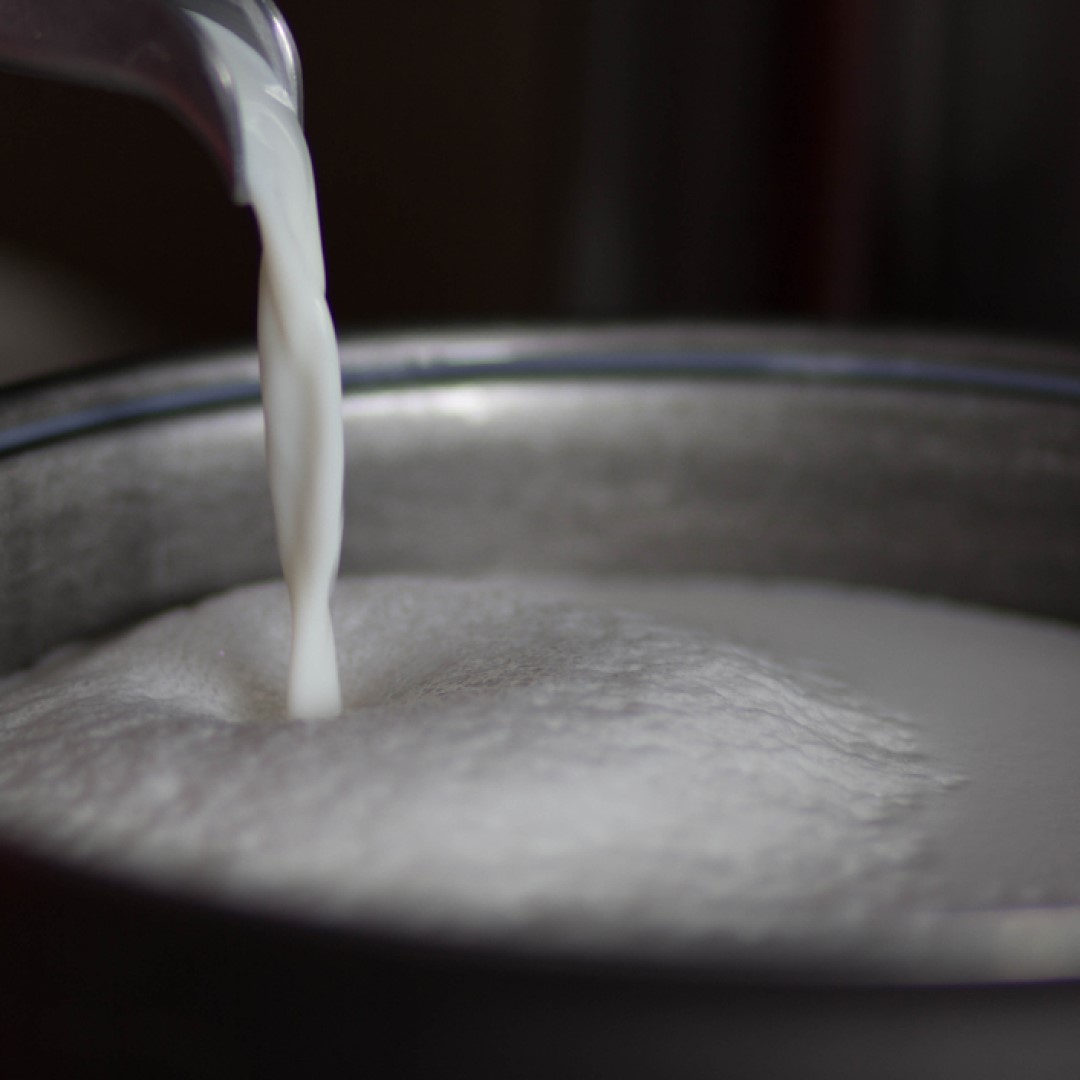
Outbreak of Salmonella Typhimurium Infections Linked to Commercially Distributed Raw Milk — California and Four Other States
On Jul. 24, 2025, the U.S. Centers for Disease Control and Prevention (CDC) reported that during October 2023–March 2024, California public health officials investigated an outbreak of Salmonella Typhimurium infections linked to raw milk from a California dairy farm.
A total of 171 outbreak-associated Salmonella Typhimurium cases were identified through review of standardized salmonellosis case report forms and a search of PulseNet, CDC’s national molecular subtyping network for enteric disease surveillance, followed by administration of a dairy-focused supplementary questionnaire.
Most cases (98%) were identified in California; one case each was identified in four other states. Among the 171 cases, 120 (70%) cases and 18 (82%) of the cases requiring hospitalization were among children and adolescents aged <18 years. Among 159 patients confirmed to be infected with the outbreak strain, 55 (70%) of those with exposure data consumed brand A raw milk or heavy cream. Four of 40 samples collected from dairy farm A, retail stores, and patients’ homes, including raw milk and raw milk cheese aged for 60 days, tested positive for the outbreak strain of S. Typhimurium by whole-genome sequencing. Dairy farm A voluntarily recalled raw milk and raw heavy cream 1 week after the initial outbreak identification.
Commercially distributed raw dairy products have the potential to cause large and widespread infectious disease outbreaks. Public health authorities should continue to raise awareness of the risks associated with consuming raw dairy products, especially by persons at increased risk for severe disease from enteric pathogens, including children.
The source of the illness in the four non-California residents is unknown. Federal law prohibits the sale of raw milk for human consumption across state lines, and none of these four patients reported travel to California. However, federal law does not prohibit the interstate sale of raw milk intended for pet consumption or interstate sale of raw cheese aged for ≥60 days.
One of the four non-California patients reported purchasing dairy farm A raw milk (and possibly cheese) in their state of residence, the second patient consumed dairy farm A raw cheese only from an unknown purchase location, the third patient did not recall consuming any raw dairy products, and the fourth patient was lost to follow-up. These patients could have purchased raw milk for pets or raw cheese within their states.
Other possible explanations for the non-California outbreak cases are that patients could not recall or did not accurately report travel history or were infected through unrecognized secondary transmission.
Tags:
Source: U.S. Centers for Disease Control and Prevention
Credit:
